13 Key Steps for Naturally Glowing, Healthy Skin
Healthy, glowing skin looks smooth, fresh, and naturally even in tone. It shows that your skin is well-hydrated and cared for from the inside and out. Some people struggle to get that glow because of poor diet, stress, or not getting enough sleep. Others may have dull skin from skipping sunscreen or using harsh products. Learning a few simple habits can help bring back a soft, radiant look without making things complicated.
This post may contain affiliate links, which helps keep this content free. Please read our disclosure for more info.
Protect Your Skin by Wearing Sunscreen Every Day
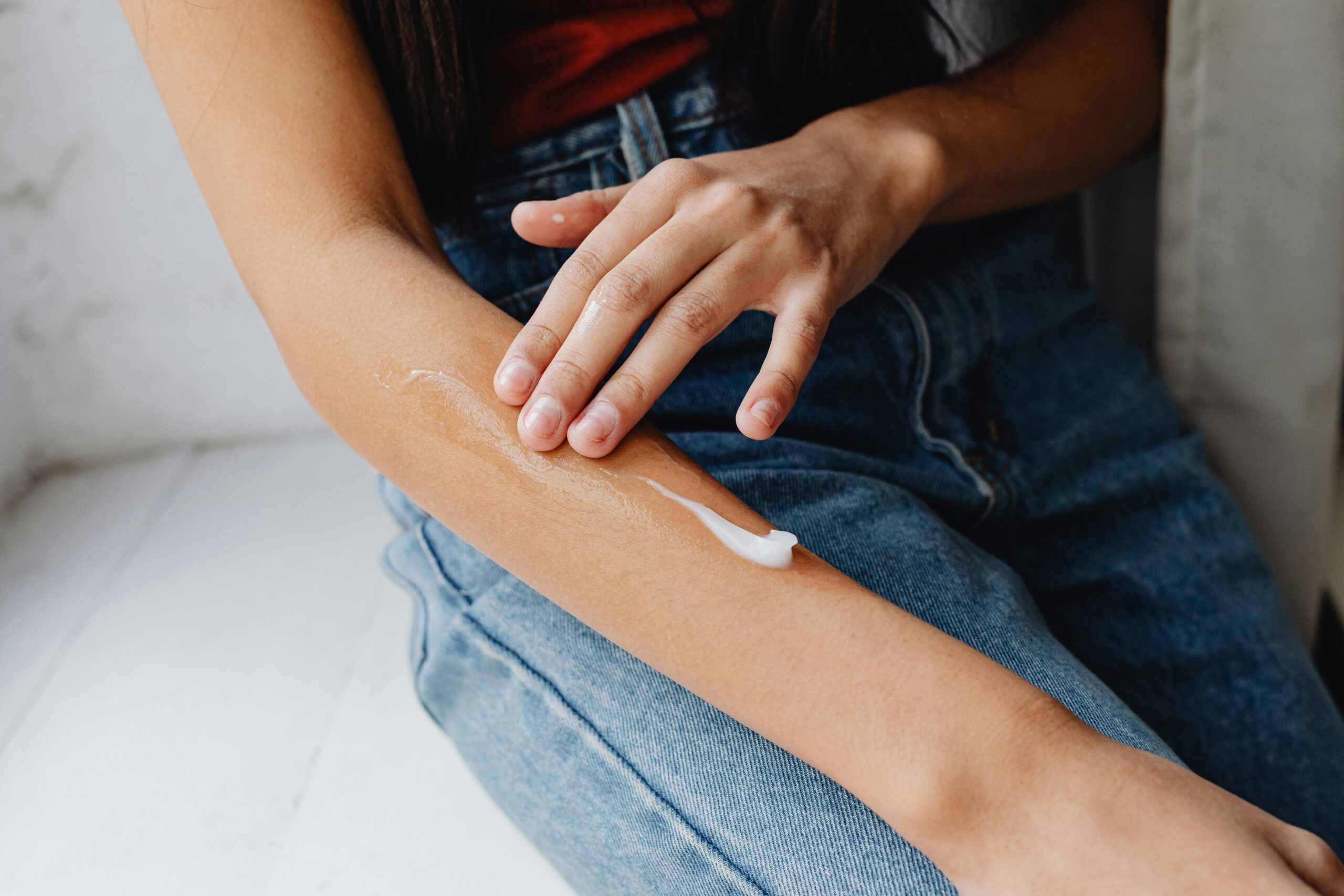
Wearing sunscreen daily is one of the best ways to protect your skin from damage. Ultraviolet rays can cause sunburn, dark spots, and speed up aging, even on cloudy days. Applying sunscreen with at least SPF 30 in the morning helps shield your skin from harmful exposure. Reapply every two hours if you are outside for long periods.
Sunscreen should be a part of your morning skincare routine, especially if you plan to be outdoors. Choose a broad-spectrum formula that suits your skin type. This small step helps maintain an even skin tone and prevents long-term damage. Even if you stay indoors, a light layer helps block indirect UV rays.
Quit Smoking to Prevent Premature Skin Aging

Smoking affects blood flow and reduces oxygen to your skin, which can make it look dull and tired. It also breaks down collagen and elasticity, which are both important for firm and glowing skin. The more you smoke, the more damage it can do over time. Stopping smoking helps your skin begin to repair and regain a healthier tone.
This habit affects not just your skin but your entire body. Quitting as soon as possible helps improve your circulation and allows nutrients to reach your skin properly. Within weeks of stopping, many people notice their skin looking clearer. Making this change is one of the most important decisions for skin health.
Perform Regular Skin Checks to Spot Signs of Skin Cancer Early

Checking your skin regularly helps you catch unusual spots, moles, or changes early. Skin cancer is more treatable when found early, and this habit keeps you aware of any new developments. Look for spots that change in shape, color, or size, and note anything that bleeds or itches. Do a full check once a month in good lighting using a mirror.
This habit does not take much time but can make a big difference. Pay close attention to areas that get the most sun, like the face, arms, and back. If you see anything that concerns you, schedule a visit with a dermatologist. Early action helps prevent serious problems down the road.
Choose a Self-Tanner for a Sun-Kissed Look Without Damage
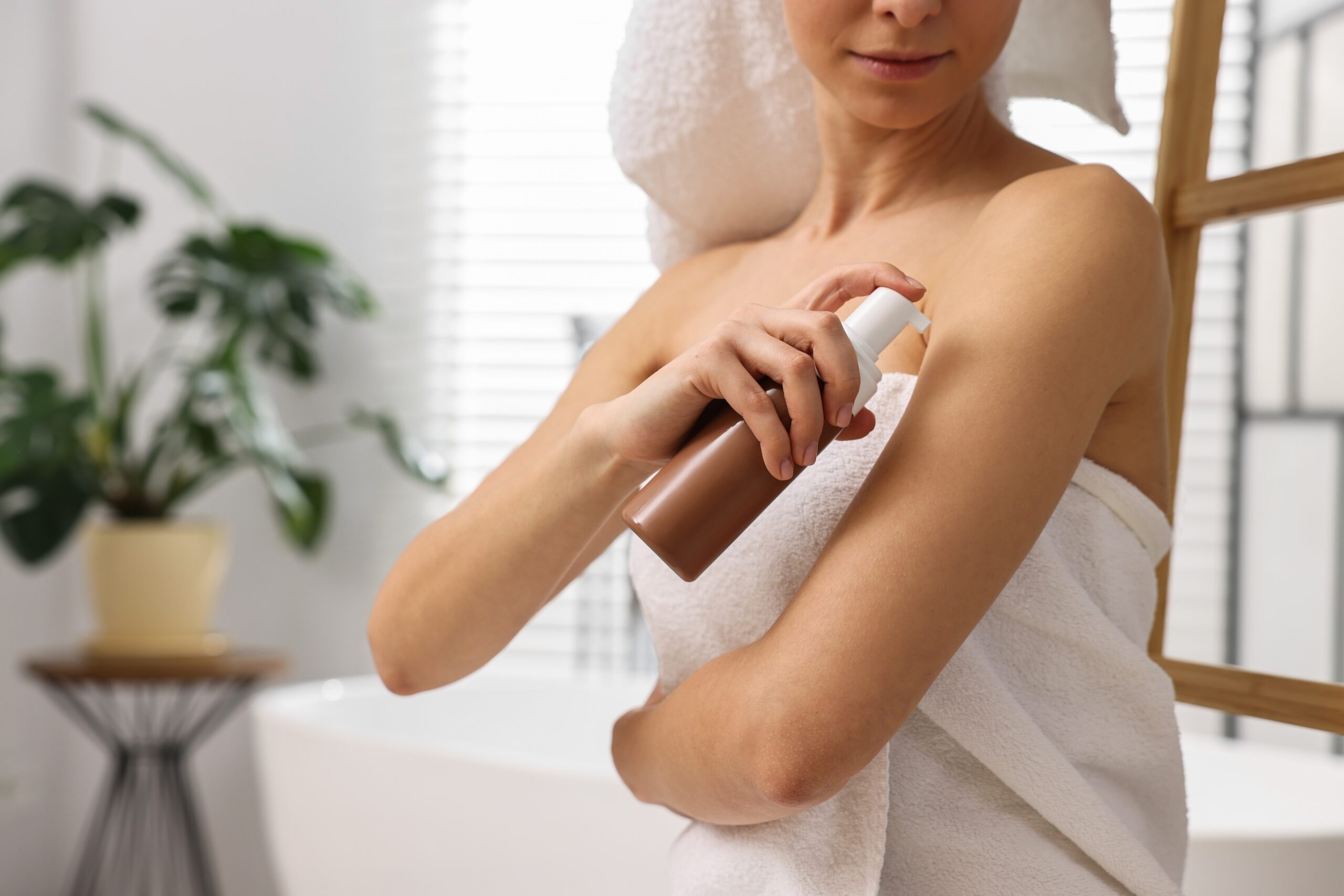
Using a self-tanner lets you enjoy a tanned look without risking sun damage. Many formulas offer a natural color without streaks or harsh smells. This avoids the risks of premature aging and skin cancer linked to tanning beds and sun exposure. Apply it to clean, dry skin and wash your hands afterward to prevent staining.
Use a self-tanner once or twice a week to maintain a soft glow. Pick a product made for your skin tone and follow the directions on the label. Moisturize daily to help the color fade evenly. This method gives you color without harming your skin’s health.
Pick Skincare Products That Match Your Skin Type
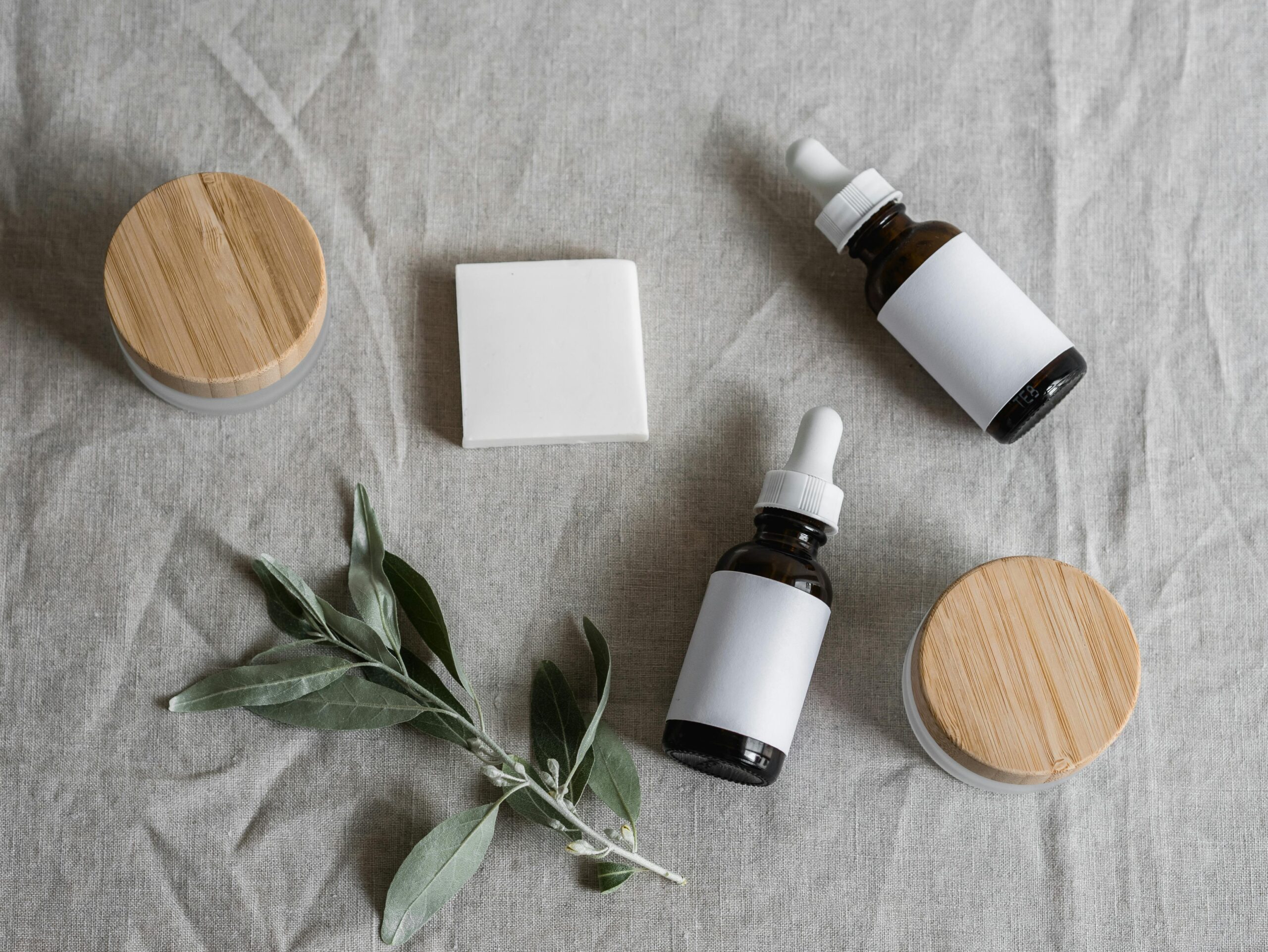
Choosing products made for your skin type helps avoid breakouts and irritation. Dry skin may need heavier creams, while oily skin often does better with gel-based formulas. Sensitive skin may react to fragrances or alcohol in some products. Reading labels and trying small amounts first can help you find what works best.
Using the right products helps your skin stay balanced and smooth. It is a good idea to revisit your product choices every season, as skin needs can change. If you are unsure of your skin type, a dermatologist can help you figure it out. Matching your skincare to your skin makes a big difference in how it looks and feels.
Avoid Harsh Scrubbing to Keep Skin Calm and Balanced
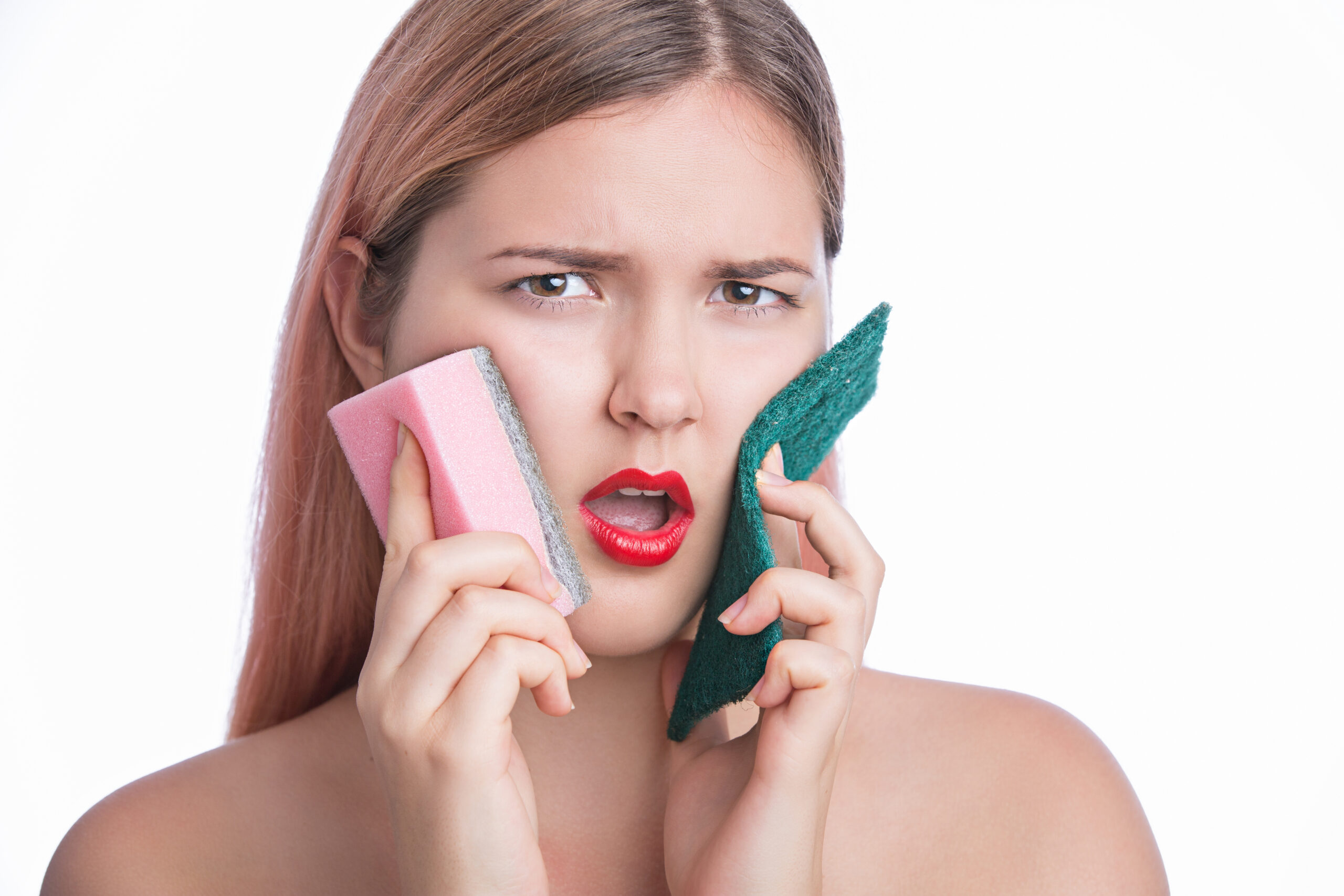
Scrubbing your skin too hard can strip away natural oils and cause redness. Gentle cleansing keeps your skin barrier strong, which helps lock in moisture. Use fingertips or a soft cloth with mild cleanser instead of harsh scrubs. Exfoliating once or twice a week is enough for most skin types.
Too much exfoliation can make skin feel tight or cause breakouts. Choose a gentle exfoliant with fine particles or mild acids. Always follow up with a moisturizer to soothe your skin. Treating your skin gently helps it stay soft and glowing.
Cleanse Your Face in the Morning, Night, and After Sweating
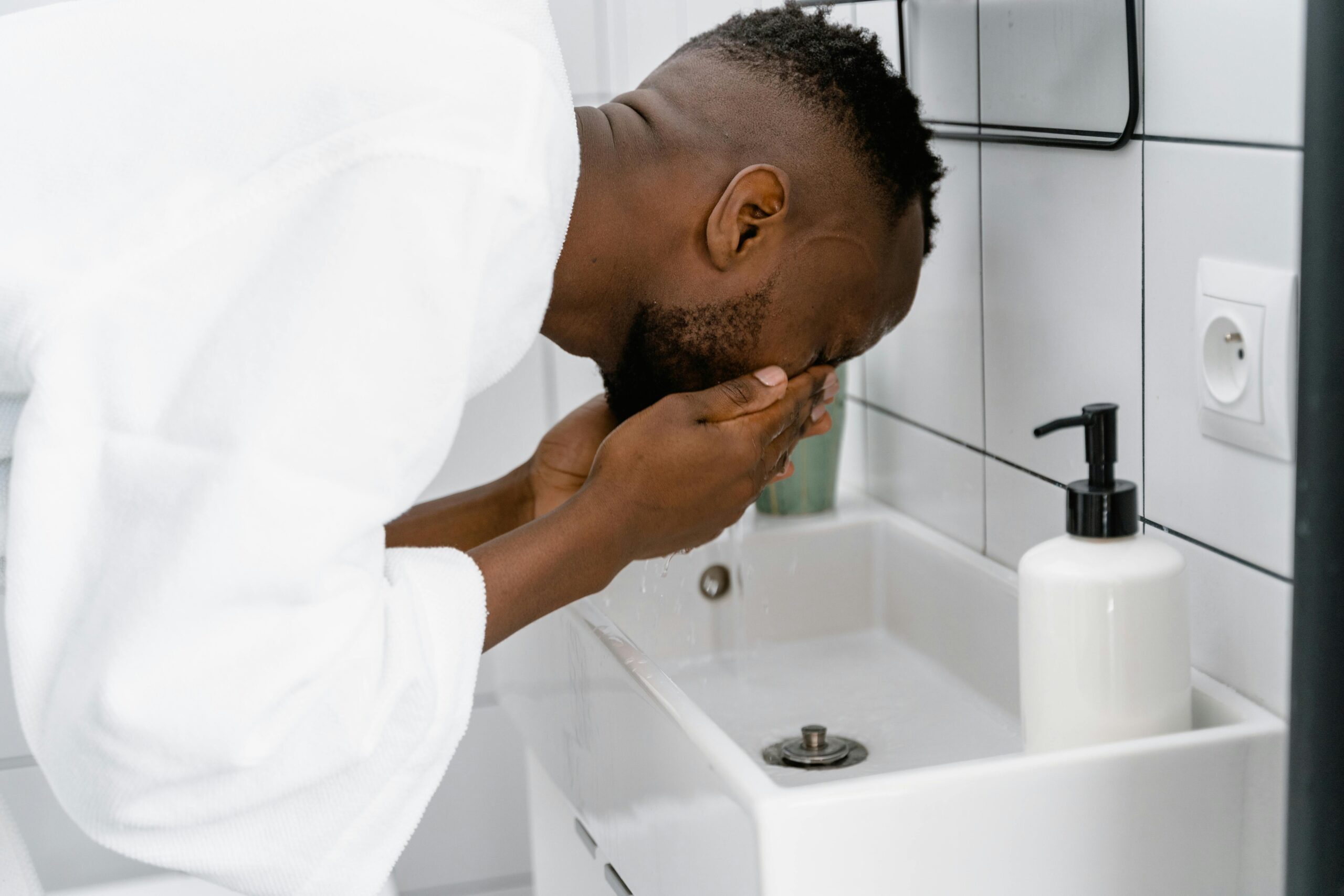
Washing your face removes oil, dirt, and sweat that can clog pores. Clean skin absorbs other skincare products better and stays healthier. Use a mild cleanser that suits your skin and avoid washing with hot water. Morning and night cleansing should be a daily habit.
After sweating, rinse your face to clear away salt and bacteria. This is especially important after workouts or being outdoors in the heat. Keeping your face clean prevents buildup that can lead to breakouts. Clean skin sets a good base for everything else in your routine.
Visit a Dermatologist for Concerns About Skin Appearance
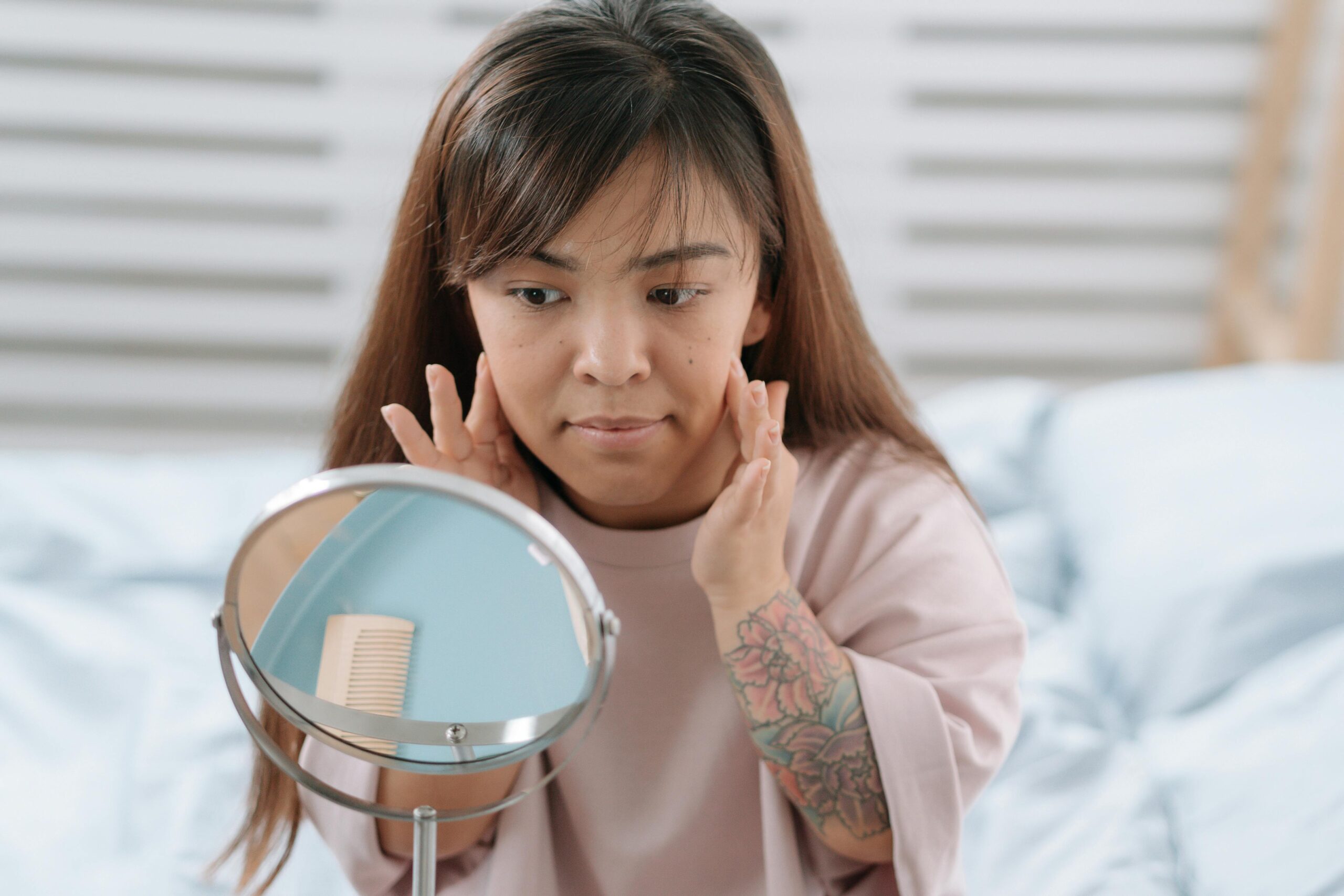
If something about your skin bothers you, a dermatologist can help you find answers. They can recommend treatments, check for issues, and give advice based on your skin type. Sometimes, store-bought products are not enough, and professional care can make a difference. Schedule a visit if you notice lasting redness, breakouts, or irritation.
Seeing a dermatologist once a year for a skin check is also a good habit. They can track changes in your skin and suggest the best products or steps to take. Getting expert advice saves you time and money in the long run. Healthy skin starts with knowing what it needs.
Keep Skin Soft and Supple by Using a Daily Moisturizer
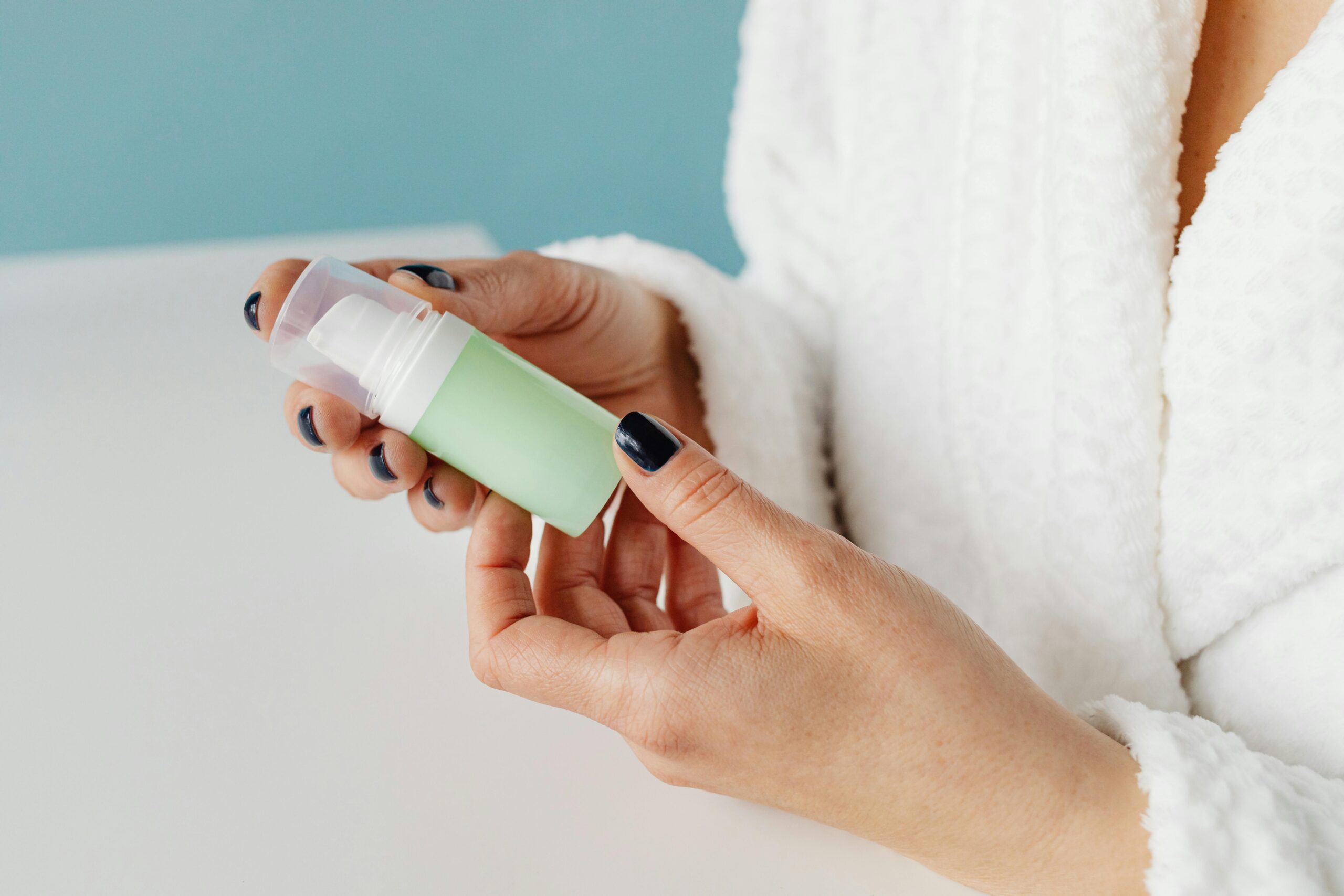
Moisturizing helps keep your skin hydrated and protects its outer layer. It reduces dryness, flakiness, and helps smooth out fine lines. Use a product that works with your skin type and apply it after cleansing. This helps seal in moisture and keeps your skin feeling soft.
You should moisturize at least twice a day, especially in the morning and before bed. Look for ingredients like glycerin, ceramides, or hyaluronic acid. If you live in a dry climate or spend time in air-conditioned places, your skin may need more moisture. Consistent care helps keep your skin looking fresh.
Lower Stress Levels to Support Healthy Skin

Stress can show on your skin through breakouts, dullness, or flare-ups. When you are stressed, your body makes more hormones that affect your skin. Taking time to relax helps your body and skin calm down. Practices like meditation, deep breathing, or light hobbies can lower stress levels.
Try to do something calming every day, even if just for a few minutes. Sleep, gentle exercise, and staying organized can all help reduce stress. Your skin reacts to how your body feels inside. Less stress helps your skin look more balanced and clear.
Improve Skin Health by Getting Plenty of Rest

Getting enough sleep allows your skin to repair and refresh itself. During sleep, your body builds collagen and handles cell turnover. Poor sleep can lead to dullness, dark circles, and puffiness. Aim for 7 to 9 hours of sleep each night to support healthy skin.
Create a relaxing bedtime routine and try to sleep at the same time every night. Turn off screens and use dim lighting to help your body wind down. Good sleep habits make a big difference in your overall skin condition. Rested skin looks smoother and more even.
Keep Your Skin Vibrant by Staying Physically Active

Exercise improves blood flow, which brings more oxygen and nutrients to your skin. Sweating during a workout also helps clear pores. Physical activity helps lower stress and supports better sleep, both of which affect skin health. Aim to move your body most days of the week.
You do not need to do intense workouts to see benefits. A walk, gentle stretching, or dancing can still help. Just remember to wash your face after sweating to prevent clogged pores. Moving regularly helps your skin stay bright and healthy.
Add a Serum to Your Routine for an Extra Skin Boost
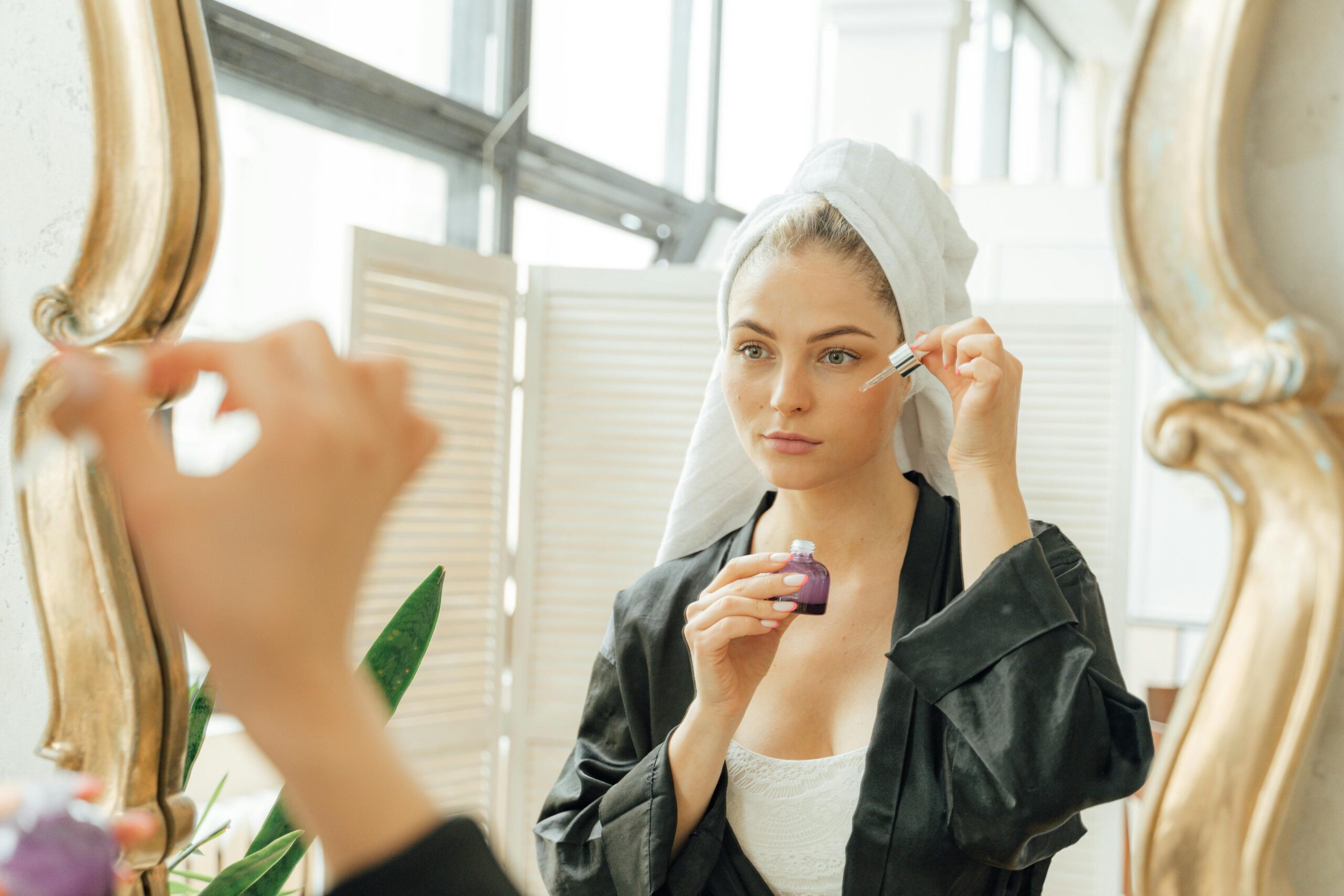
Serums are lightweight products packed with ingredients that target specific skin concerns. They absorb quickly and can help with dryness, dullness, or uneven tone. Use a few drops after cleansing and before moisturizing. Serums with vitamin C or hyaluronic acid are good for a natural glow.
Use serums once or twice daily, depending on the product. They are a helpful addition if you want to focus on certain skin needs. Choose one based on what your skin is lacking. With regular use, they can improve your skin’s texture and brightness.
Drink Plenty of Water to Keep Skin Hydrated from Within

Staying hydrated helps your skin stay plump and smooth. Water supports your skin’s elasticity and helps flush out toxins. If you are not drinking enough, your skin may look dry or dull. Aim for at least eight glasses a day, more if you are active or in hot weather.
Carry a water bottle to make sipping easy throughout the day. You can also eat water-rich foods like cucumbers, oranges, or watermelon. Proper hydration helps your skin maintain a natural glow. This is one of the simplest ways to care for your skin every day.
Taking care of your skin does not have to be complicated. Small, consistent habits can make a real difference in how your skin looks and feels. By choosing the right products, staying hydrated, and protecting your skin daily, you support a natural, healthy glow. Start with a few tips that fit your lifestyle and build your routine from there.
This article originally appeared on Avocadu.
